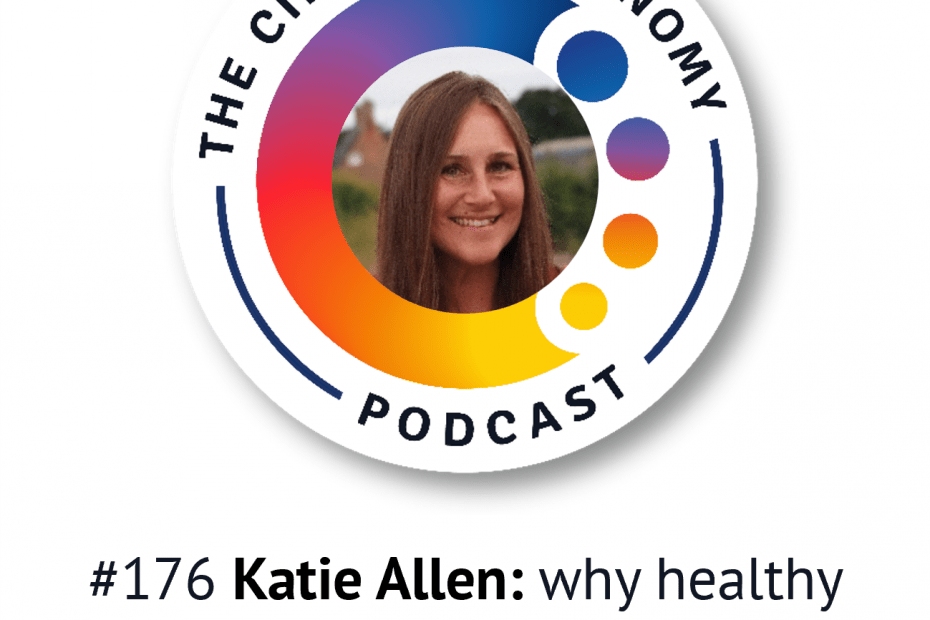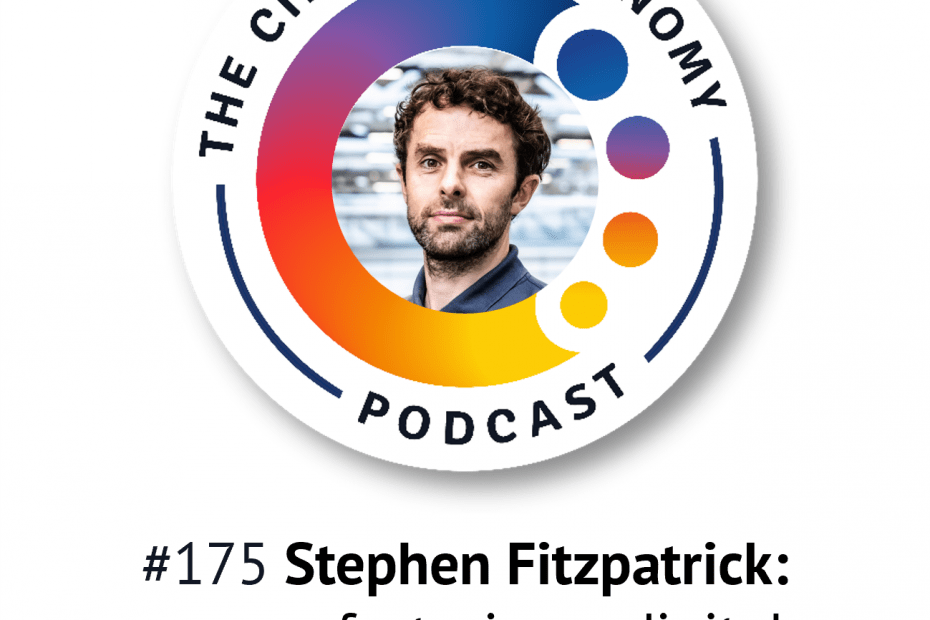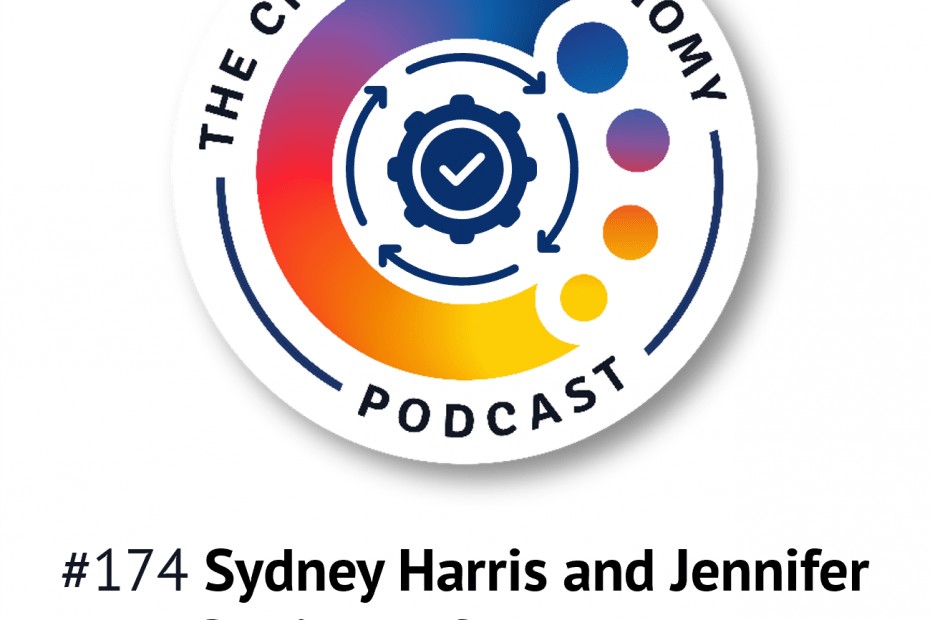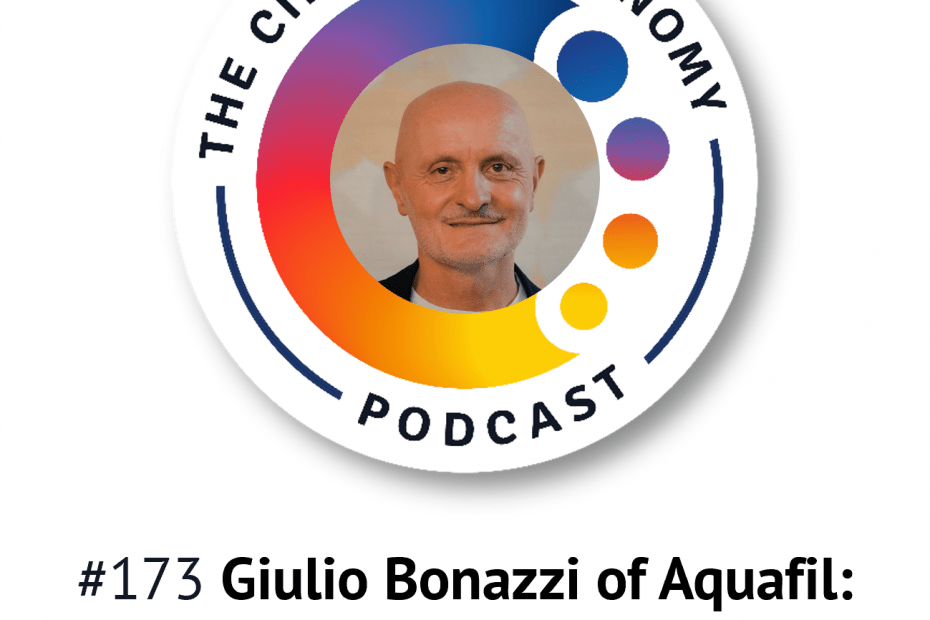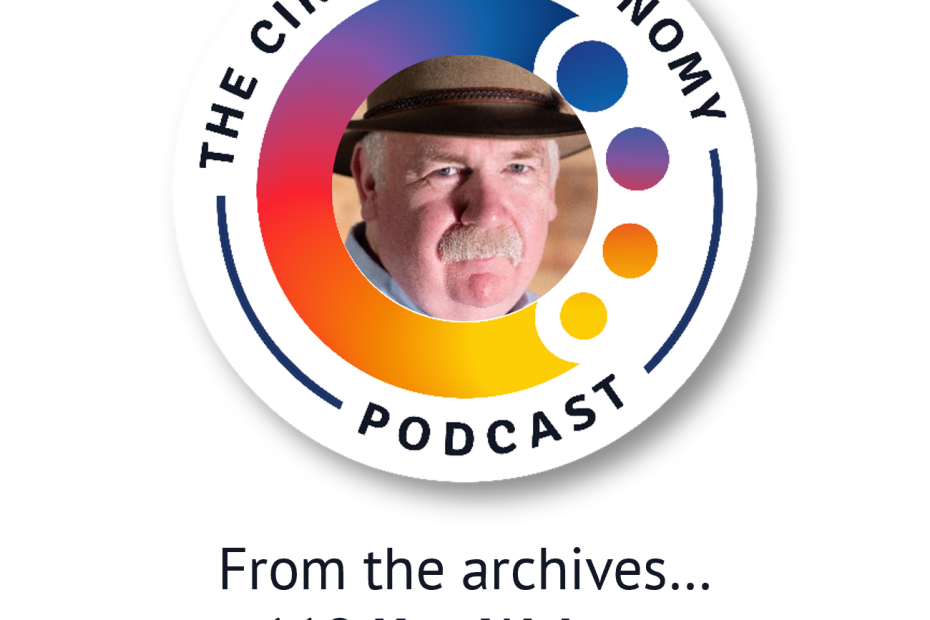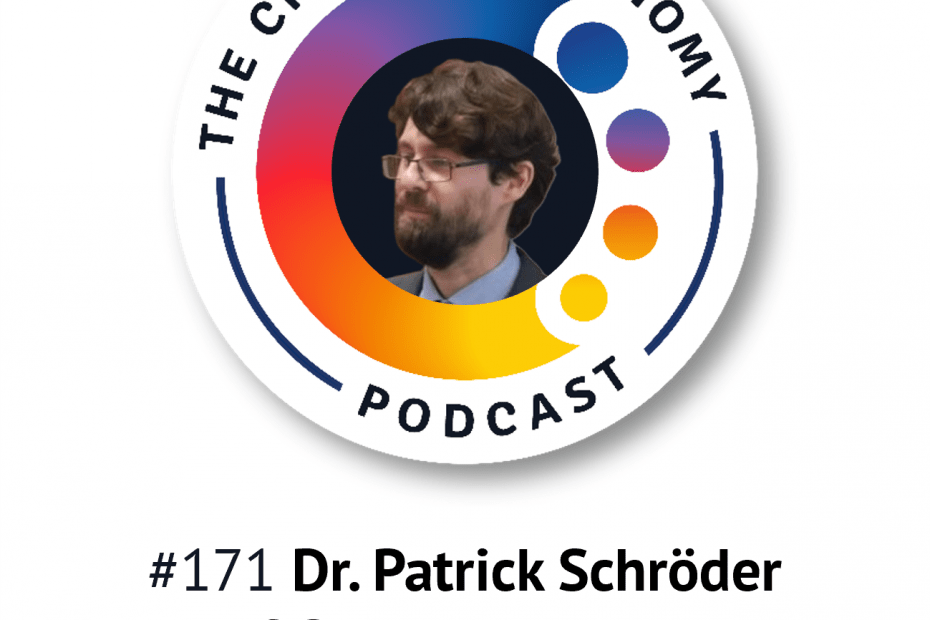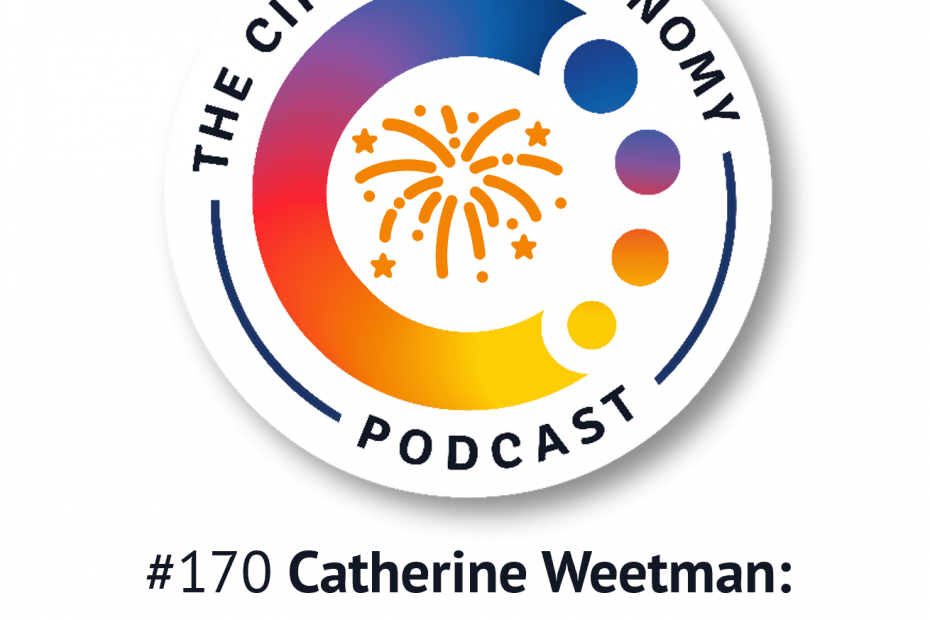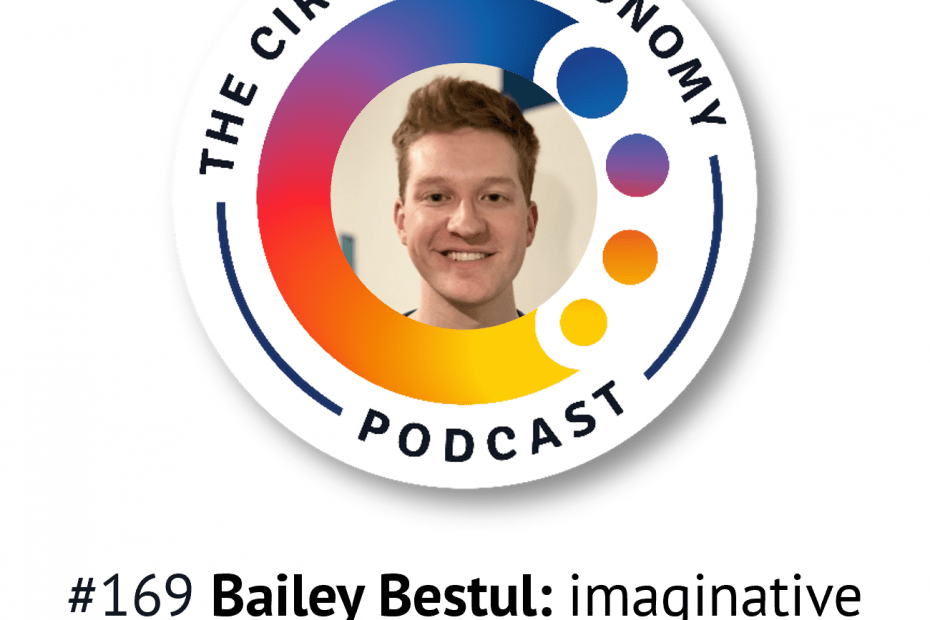176 Katie Allen – why healthy clothing starts with healthy soils
Katie Allen, a regenerative farmer, maker and educator, who is creating healthy textiles, plant dyes and leathers and helping fashion students and others discover what soil health means for us, our food and our clothing.
Katie Allen farms organically at Great Cotmarsh, in the UK. The farm produces lamb and beef in a 100% pastoral system and is implementing projects to improve soil health, increase biodiversity and embrace agroforestry. Under the brand ‘Katie Cotmarsh’, she creates award-winning knitwear using the fleeces from the flock and cultivates colour by growing plant dyes.
Katie has developed a beautiful classroom space on the farm, to connect the future generation of designers with the story behind soil and give them a new perspective of what true circularity looks like, particularly in the face of an ever shifting climate and demand for new cradle-to-cradle models for fashion design.
Katie tells us how she was first inspired by the Fibershed movement, and what it means to create a local, regenerative clothing supply-chain.
